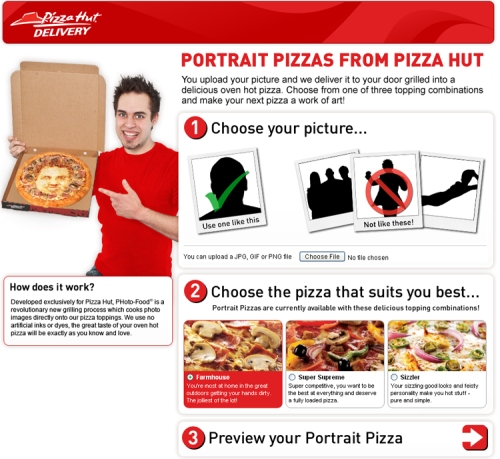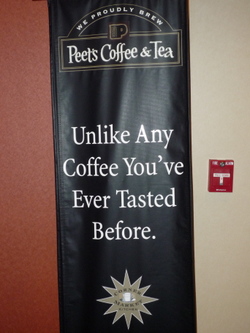It seems like a good 20% of the news produced on the internet in the last few months is about news on the internet. Declined as newspapers are doomed, journalists are doomed, journalism is doomed, we are doomed. And if you’re looking for the killer, you should probably head to Montainview.
Perhaps that explains why like Google has recently joined the club or the more-or-less enthusiastic supporters of micro-payments, using the Google Checkout platform.
However media companies shouldn’t be celebrating, as I think this will turn out to be little more than a PR initiative from a company that’s being accused of being a parasite.
The reasons why micropayments are very unlikely to work still stand:
– In the math of consumers, unlike the math of business models, the difference between zero cents and 1 cent is not one cent. It’s the difference between the feeling of grabbing something for free and the feeling of paying with your limited resources, plus the hassle of registering into and going through a payment verification system. (Dan Ariely has done lots of interesting research on behavioural psychology, check him out)
– News can be easily replicated and divulged. Apart from any ideological considerations now why news should be free, it’s simply impossible to keep them from spreading. The same applies to editorials and any other from of digital text.
– The analogy with iTunes is wrong: music is something that you own and use over time, whereas for everyone but researchers news are disposable.
– The analogy with iTunes is misleading: from every song purchased on iTunes, an estimated 99 are still downloaded via p2p piracy. That’s not what I would call a successful business model for an industry.
– Pricing policies would be a nightmare: is an all-you-can-eat model feasible for a search-driven, snack-size consumption? Can you fragment a newspaper down to its elementar financial value? (Clay Shirky suggested you can’t back in 2000, it’s funny to see how the debate hasn’t moved further.)
– They provide a massive advantage for free-riders: the one news organization that will publish news for free will receive almost all the traffic, and the related ad-driven revenues.
It’s no coincidence that 2009 was supposed to be the year when media starts demanding its money back, and so far everyone’s waiting for someone else to take the first step, and the risk of being considered a fool.
Final Burp: So, why is Google going down this route? PR. Why are media owners doing it? Self-delusion.






